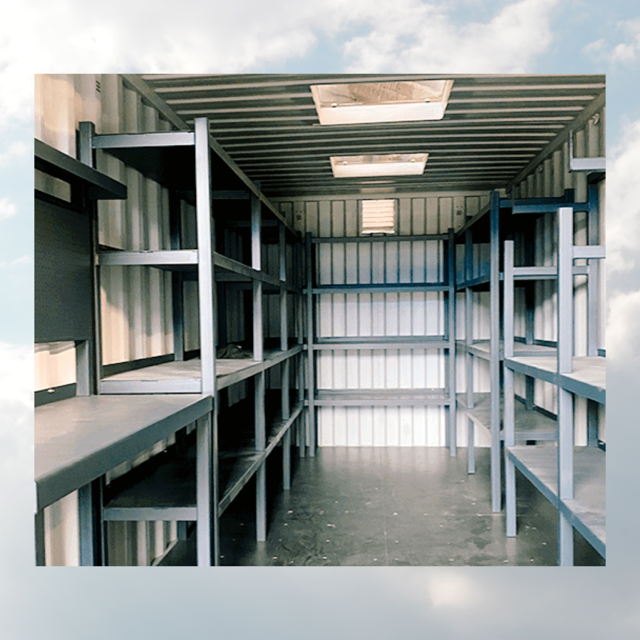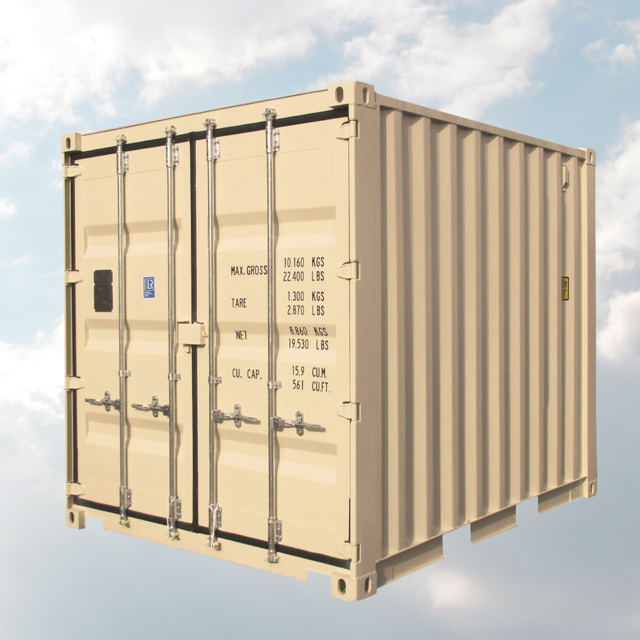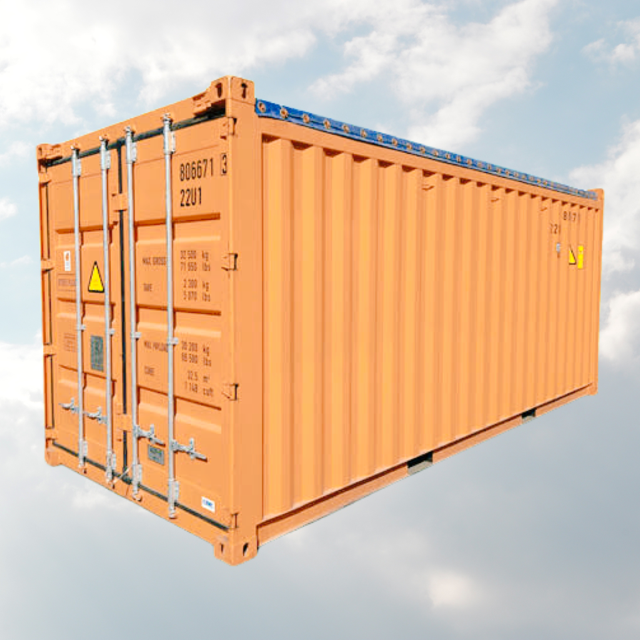Fleet Shipping Containers
Shipping containers play a crucial role in international
trade and can be used for a variety of purposes. However, selecting the right
type of container can be a challenging task, especially for those who are new
to the shipping industry. The selection process depends on the type of cargo,
destination, and budget. In this article, we will discuss some of the essential
factors to consider when choosing the right type of shipping container.
1. Size: The
size of the container is perhaps the most critical factor to consider.
Containers are available in various sizes, ranging from 10 feet to 40 feet. It
is important to choose a container that is appropriate for the size of the
cargo. If the cargo is small, a container of 10-20 feet might suffice. However,
for large shipments, a 40-foot container would be ideal. It is important to
note that selecting a container that is too small or too large can result in
additional costs or damage to the cargo.
2. Type:
Shipping containers come in various types, each designed for a specific type of
cargo. The most common types include dry van containers, open-top containers,
flat rack containers, and refrigerated containers. Dry van containers are the
most popular type of container and are suitable for most types of cargo.
Open-top containers are used for oversized cargo that cannot fit into a
standard container, while flat rack containers are suitable for transporting
heavy and bulky cargo. Refrigerated containers are designed for transporting
temperature-sensitive cargo, such as food and pharmaceuticals.
3. Condition:
When choosing a shipping container, it is essential to consider its condition.
Containers are available in three main conditions – new, used, and refurbished.
New containers are more expensive but offer better protection for the cargo.
Used containers are cheaper but might have some wear and tear. Refurbished
containers are used containers that have been repaired to a certain degree. It
is essential to check the container thoroughly before making a purchase,
especially if it is a used or refurbished container.
4. Destination:
The destination of the cargo is another important factor to consider when
choosing a shipping container. Some countries have specific regulations
regarding the type of container that can be used for certain types of cargo.
For example, some countries might require refrigerated containers for
transporting perishable goods. It is important to familiarize oneself with
these regulations and choose the appropriate container accordingly.
5. Budget:
Finally, the budget is an important factor to consider when choosing a shipping
container. Containers vary in price depending on the type, size, and condition.
It is essential to set a budget and choose a container that best fits within
that budget. However, it is important to note that choosing a container solely
based on cost can result in additional expenses down the line due to damage to
the cargo.













